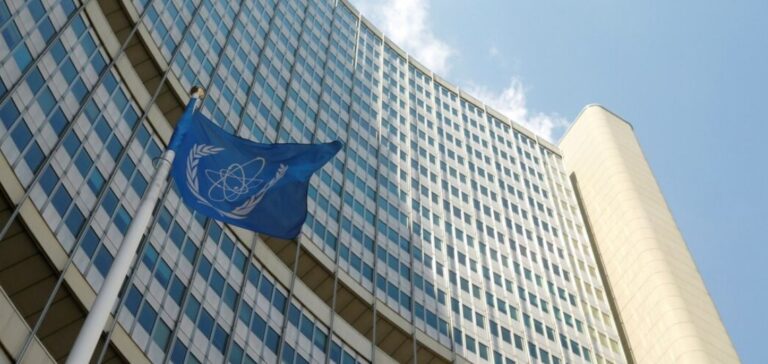Uganda recently welcomed experts from the IAEA (International Atomic Energy Agency) as part of the IUPCR (Integrated Uranium Production Cycle Review) mission. These missions are designed to help member countries develop an infrastructure for their national uranium production programs, covering all phases of the production cycle. This initiative is crucial to Uganda’s plans to develop nuclear power plants with a total capacity of 24,000 MW. This shows the country’s determination to develop its nuclear sector alongside its oil sector.
Objectives and importance of the IUPCR mission
The IUPCR mission, commissioned by the Ugandan government, provides independent reviews based on IAEA safety standards, technical advice and internationally recognized practices. It also enables Ugandan representatives to exchange views with international experts on legal, regulatory and operational best practices. These reviews help countries to identify areas requiring further attention or resources, or to confirm their readiness to move forward with their uranium production cycle.
Nuclear exploration and projects
Uganda is actively exploring for uranium, particularly in the Buhweju district, with the aim of discovering deposits for a sustainable supply of nuclear fuel. Irene Bateebe, Permanent Secretary at Uganda’s Ministry of Energy and Mineral Development, emphasized that IAEA-supported exploration and evaluation of uranium resources is essential to guarantee a continuous supply for the country’s future nuclear power plants and research reactors.
Outlook and long-term plans
As part of Uganda’s Vision 2040, issued in 2013, the development of nuclear capacity is included as a key element of the country’s future energy mix. In May 2022, the Ugandan government acquired land for the construction of a nuclear power plant. In August 2023, President Yoweri Museveni announced that Russia and South Korea had been chosen to build two nuclear power plants with a combined capacity of 15 GWe.
Nuclear education and training
In addition to power generation projects, the Ugandan government plans to create a center for nuclear science and technology. The center will be dedicated to education, training and nuclear research, and will also require uranium for the production of radioisotopes for industrial and medical applications.
The IAEA’s role in nuclear development
IAEA missions, such as the one carried out in Uganda, are crucial to ensuring that national nuclear programs are safe, effective and in line with international best practice. By providing detailed assessments and recommendations, the IAEA helps countries build a robust and sustainable nuclear infrastructure.
Uganda’s commitment to the development of its nuclear infrastructure, supported by the IAEA, marks an important step towards a sustainable energy future. Uranium exploration initiatives and plans to build nuclear power plants reinforce Uganda’s position as an emerging player in the nuclear energy sector.






















